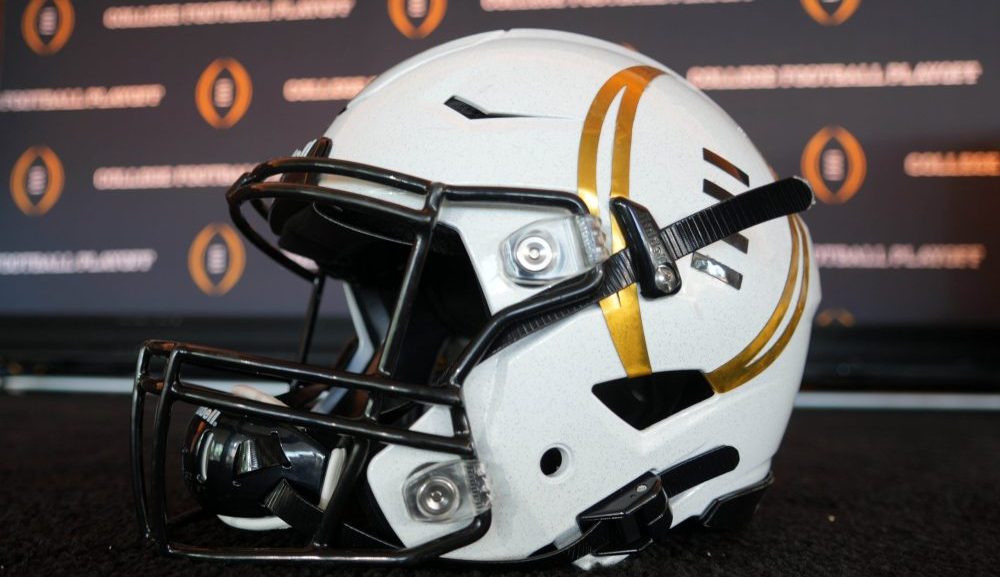DirecTV and Dish Network have been down the merger road before, multiple times.
In every past instance, potential antitrust issues have torpedoed the deal. Now, with DirecTV once again its own entity having been spun off from AT&T, both companies are reportedly trying again to complete a move that Dish Network chief Charlie Ergen once described as “inevitable.”
That’s according to this report from Lydia Moynihan and Josh Kosman in the New York Post:
DirecTV and Dish Network are in fresh talks to merge after years of on-again, off-again wrangling and multiple clampdowns from federal antitrust officials, The Post has learned.
The satellite-TV giants attempted a merger nearly two decades ago but the Federal Communications Commission and the Justice Department’s antitrust division stopped it. Two years ago, the DOJ also quietly warned executives off a prospective deal, concerned about the nascent rollout of 5G, sources said.
Now, however, insiders are optimistic a Dish-DirecTV deal could pass regulatory muster as concerns about the market power of the struggling companies have waned, sources said. Some executives likewise argue that a merger could give a surprise boost to the US’s troubled rollout of 5G wireless services.
Considering the recent aggressive antitrust stance taken by the federal government, it might seem like the current environment is the worst possible time for the two companies to finally try and make this happen. Ironically, though, things have gotten bad enough in terms of subscriber losses for both services that any potential deal might actually receive support from the government rather than roadblocks. Combined with recent legislation that should improve rural broadband access in the United States, this could be the right time for both companies to try.
DirecTV currently has just over 15 million customers, down from more than 25 million subscribers in 2017, according to company filings. Dish has 8.4 million subscribers, down from more than 13 million.
The broadband issue is key because in many rural areas, Americans couldn’t reasonably expect to go with a streaming television package. Hulu or YouTube TV still aren’t options for large swaths of the country from an infrastructure perspective, and the DOJ’s stance was that a satellite merger could threaten competitive balance for too many people who didn’t have other options. Now, with more access on the way, it’s possible that a merger will be seen as preserving competition rather than eliminating it, which is quite a twist:
“The FCC and DOJ would likely both conclude that having one strong satellite competitor is better than none at all — and the future is not terribly bright even together but especially alone,” telecom analyst Craig Moffett told The Post.
DirecTV officially being separate from AT&T again probably helps this case too. There are obviously still hurdles; the Post report mentions that Ergen is holding out for a big seat at the table at any newly combined company, for one thing. And even with a newly compelling case, there’s still the chance the federal position is unchanged, or that the FCC and DOJ make a few demands along the way.
But at this point, the merger feels not just inevitable, but imminent.







